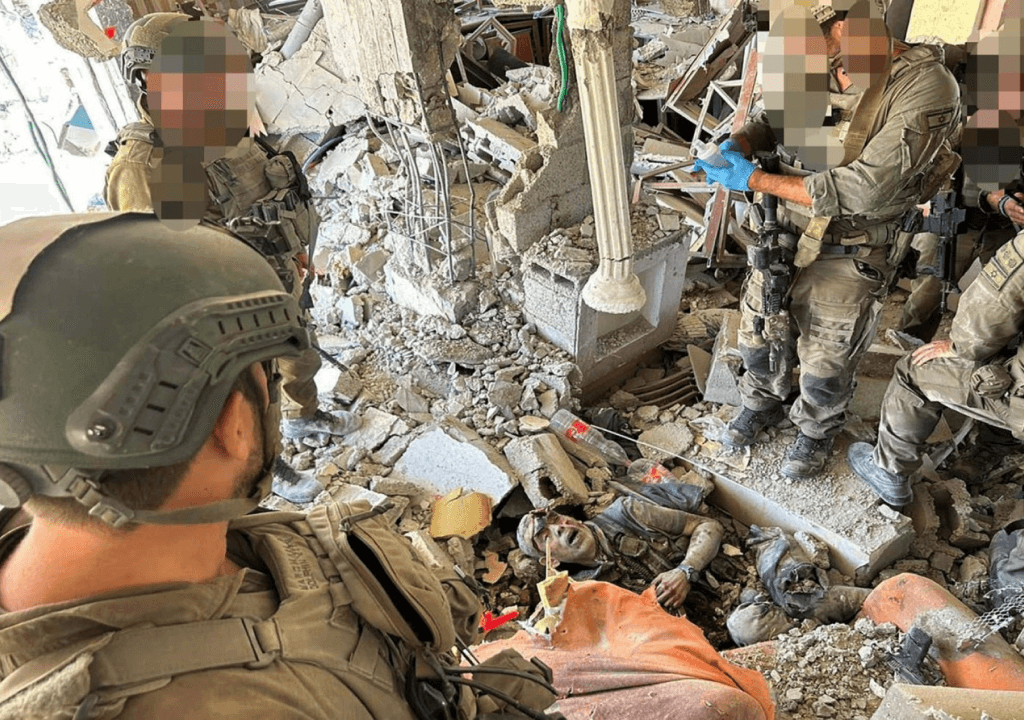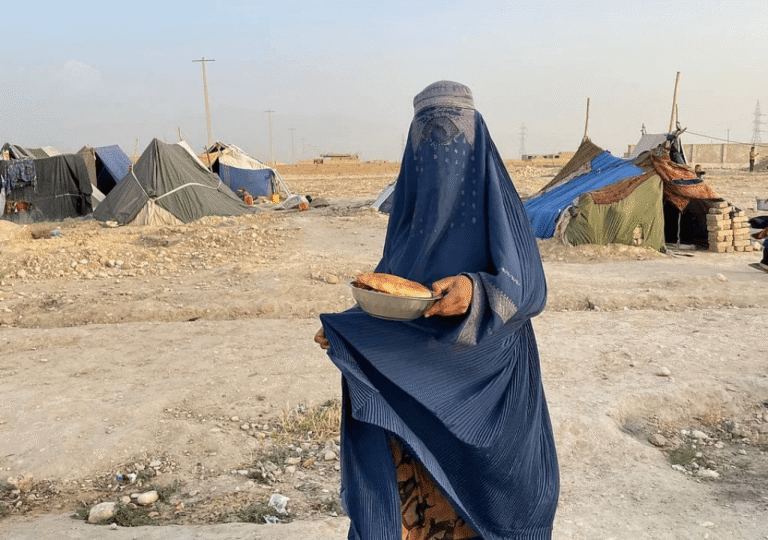Israel has finally killed Yahya Sinwar, the man behind the notorious October 7th attack that stunned both Israel and the world. This attack triggered Israel’s war of revenge, resulting in the deaths of thousands in Gaza and extending into Lebanon and Syria. It also allowed Israel to spread its version of the story worldwide—a success for Sinwar. Israel ensured the targeted elimination of Hamas leaders, even those who sought refuge in safe havens. One by one, Israel eliminated their targets, and by the end of the year, no prominent figures remained on their early hit list. With Israel proving its dominance in the region and its opponents greatly weakened, is it time to end the war?
Following the deadly attack on October 7th, Israel initiated a counteroffensive with the goal of eliminating threats from Hamas and the Gaza Strip, specifically targeting those responsible for the attack that killed more than 1,200 Israeli civilians. However, as now Israel killed higher numbers than those inflicted by Hamas. Some Palestinian sources estimate the death toll to be around 40,000, although Israel contests this figure. And Over the past year, Hamas has significantly weakened in the Gaza Strip. Its network of tunnels—which once gave it an advantage—is being destroyed, and most of its major leaders have been killed. No one believes Hamas is capable of mounting a serious threat now, but Israel is not ready to stop.
Given the religious dimensions of this conflict, both Israel and the Axis of Resistance—comprising the Islamic Republic of Iran and its proxies, such as Hamas, Hezbollah, and the Houthis—consider it their duty to continue fighting and eliminating one another. However, amid this ongoing warfare, countless innocent lives are impacted, becoming collateral damage in what is often described as a holy rivalry.
Israel is now escalating its response to secure a safer northern border by targeting Hezbollah, another key member of the Axis of Resistance and a major ally of Iran in the region. Several missile strikes have continued even after the confirmed killing of Hamas leaders. It is clear that Israel is now targeting the entire Axis of Resistance. In addition to Hezbollah’s base in Lebanon, Syria, Iraq, Iran, and Yemen are considered potential targets for Israel’s immediate strikes. Iran’s infamous October 1 missile response is still anticipated.
Israel has a reason to show the world that they are not safe unless they eliminate the threats. The October 7th attack by Hamas demonstrated this vulnerability to the world. Israel has also realized that the Arab world is unlikely to unite against them, and Hamas’ actions have generated considerable pro-Israel sentiment in the West, despite some opposition from left-wing and Islamist groups. Domestically, Prime Minister Benjamin Netanyahu and his government have received a significant boost from the war, recovering from last year’s political struggles, even though Netanyahu still faces corruption charges.
So, the answer to the question is clear: if Israel is benefiting from the war, why would they stop the process now?
But the pressure is high from Western leaders. U.S. President Joe Biden, British Prime Minister, and the French President, all calling for the death of Sinwar to be converted into an opportunity to seize the war. The mood is similar in the Arab world as well, and within Israel, reports indicate that there are protests urging an end to the war to save the hostages held by Hamas. However, Netanyahu has said No. Israel has its reasons for this stance. Any pause in Israel’s actions would help Hezbollah and other groups, including Iran, to structurally rebuild their organizations and prepare for the next attack. They have all united for this goal: to eliminate the Jewish state.
It cannot be denied that Hamas may even rise again from the ashes of Gaza with the help of Iran, as they view it as a global Muslim duty. They can easily recruit and continue their efforts. The last video of Sinwar portraying him as a martyr has attracted many Muslim youths around the world.
So for Israel and the Israeli government, it would be a blunder to stop the war based on the demands of Western states, and they are now in a position where it is not easy to do so. Everyone knows that even a break would only set the stage for the next war.
For Iran, stopping the war could be beneficial, but it would also reopen existing problems within the state. They cannot bind their people with hatred toward Israel forever. Therefore, the likelihood of the continuation of the war is higher than that of a ceasefire. The war could potentially stretch for more years, ultimately concluding with the end of one state—either Israel or the Islamic Republic. The chance of ending the second one seems greater.








